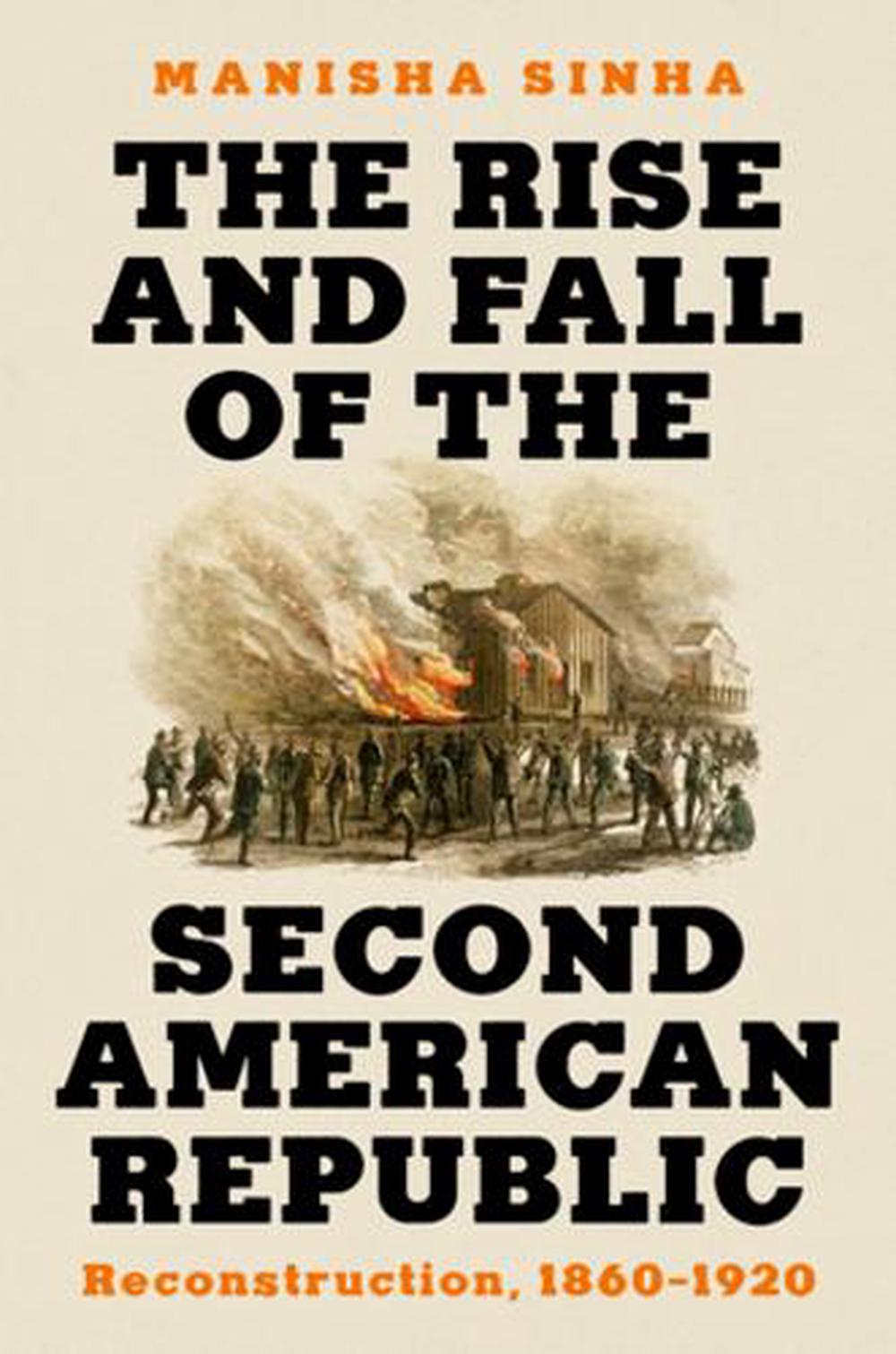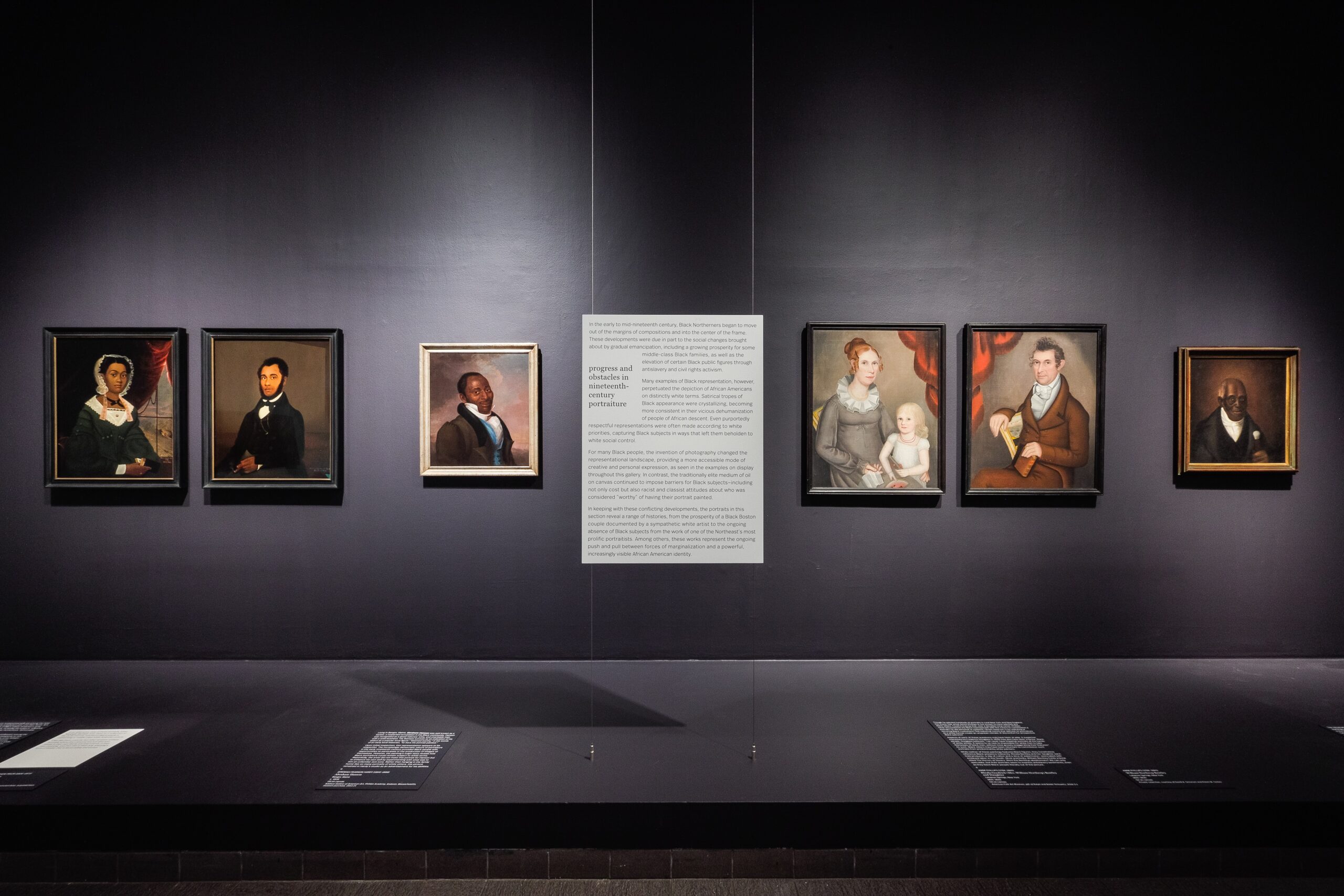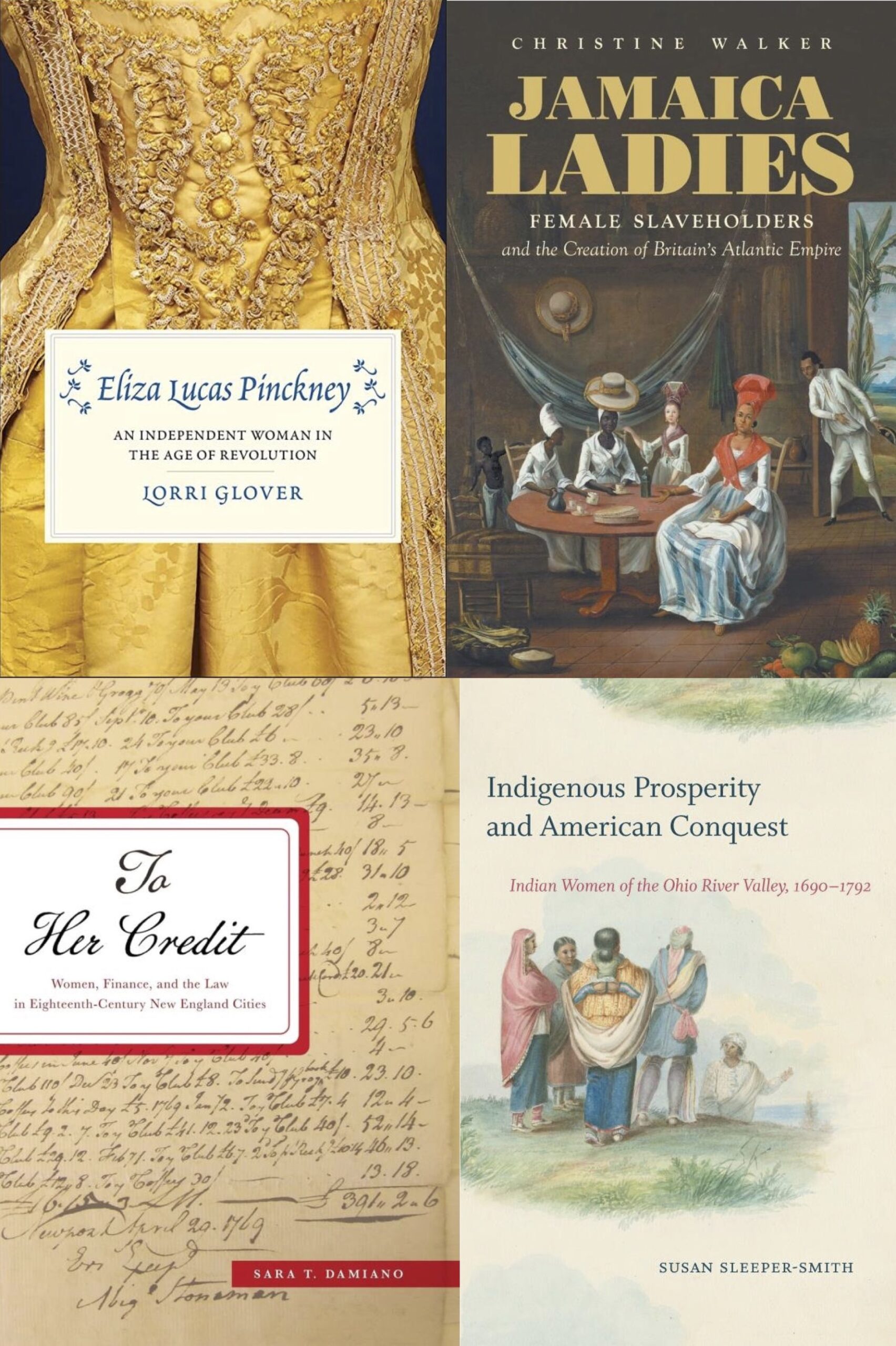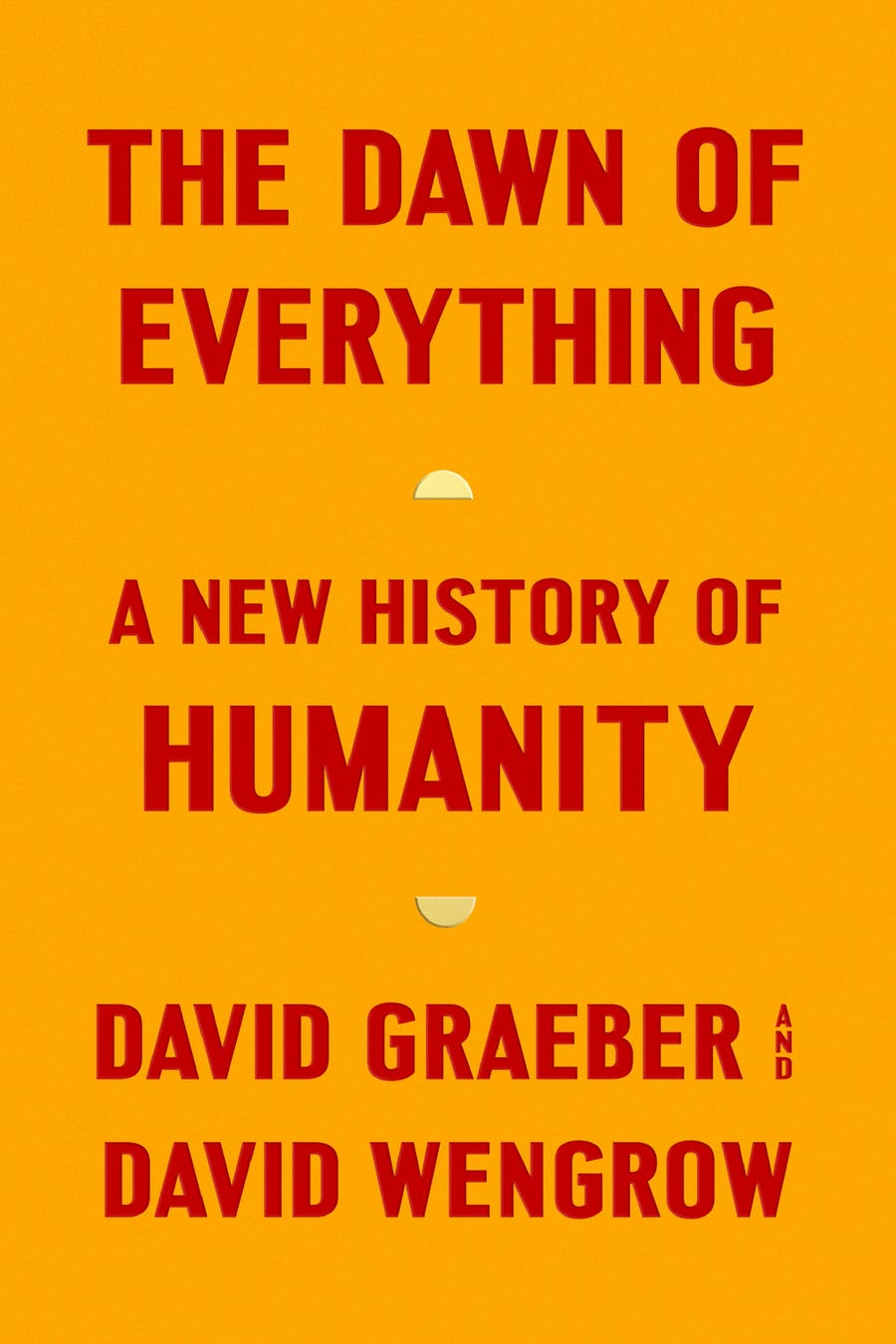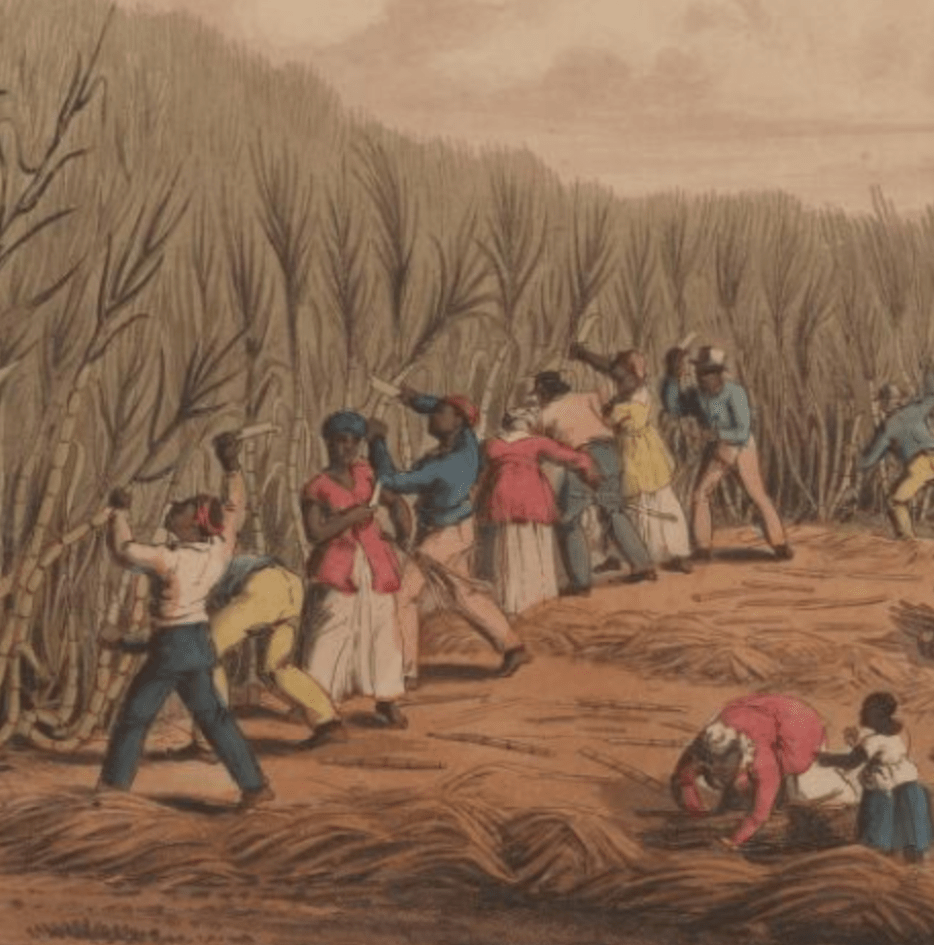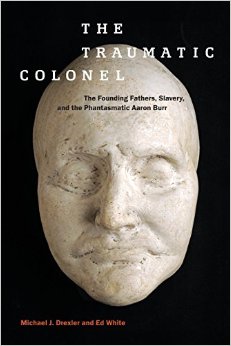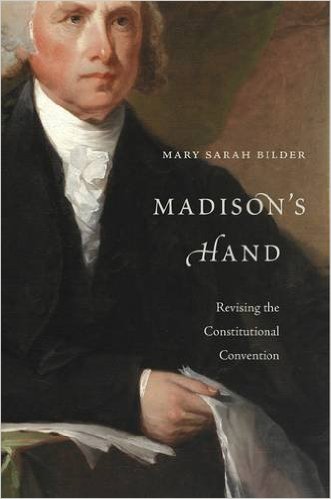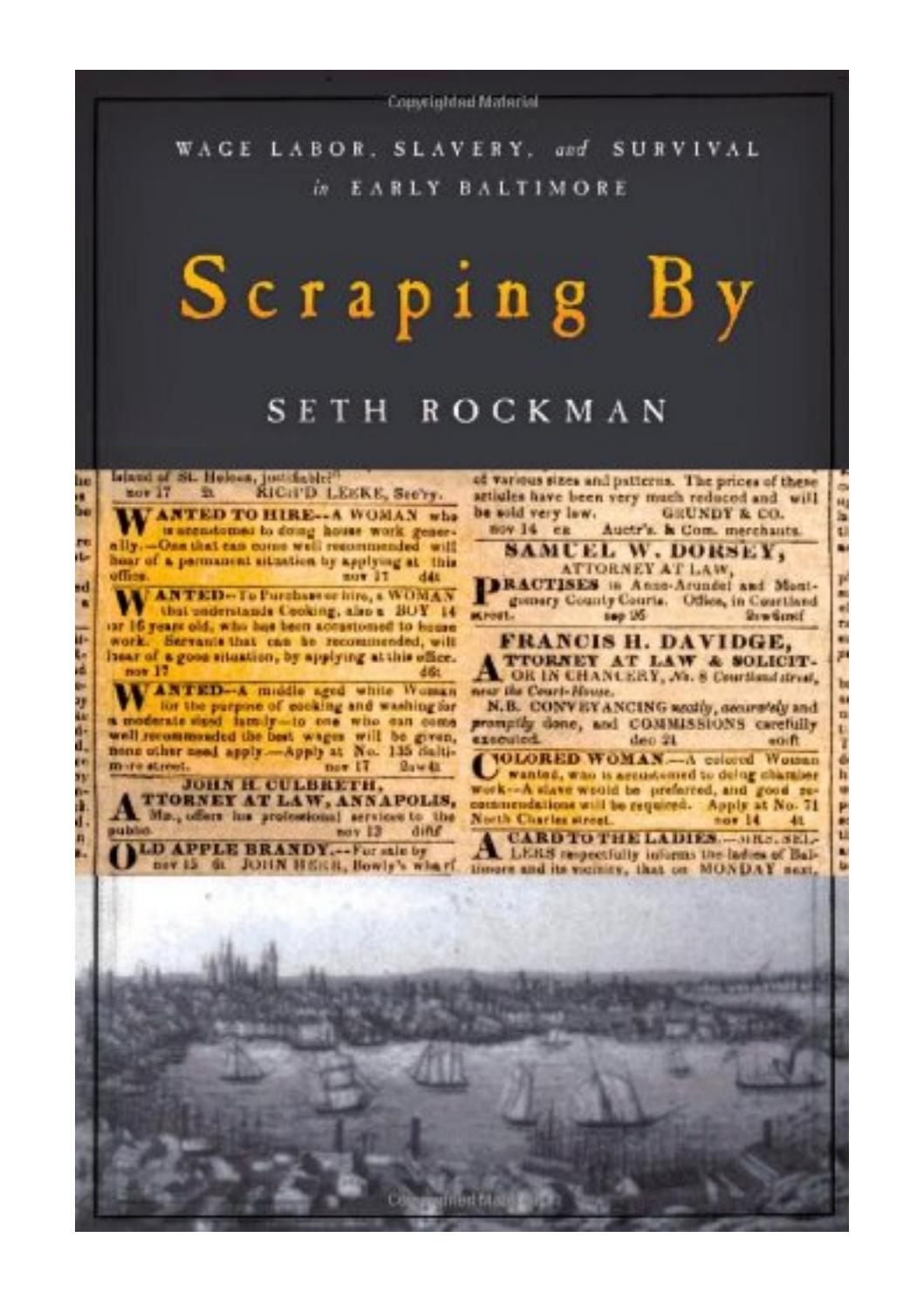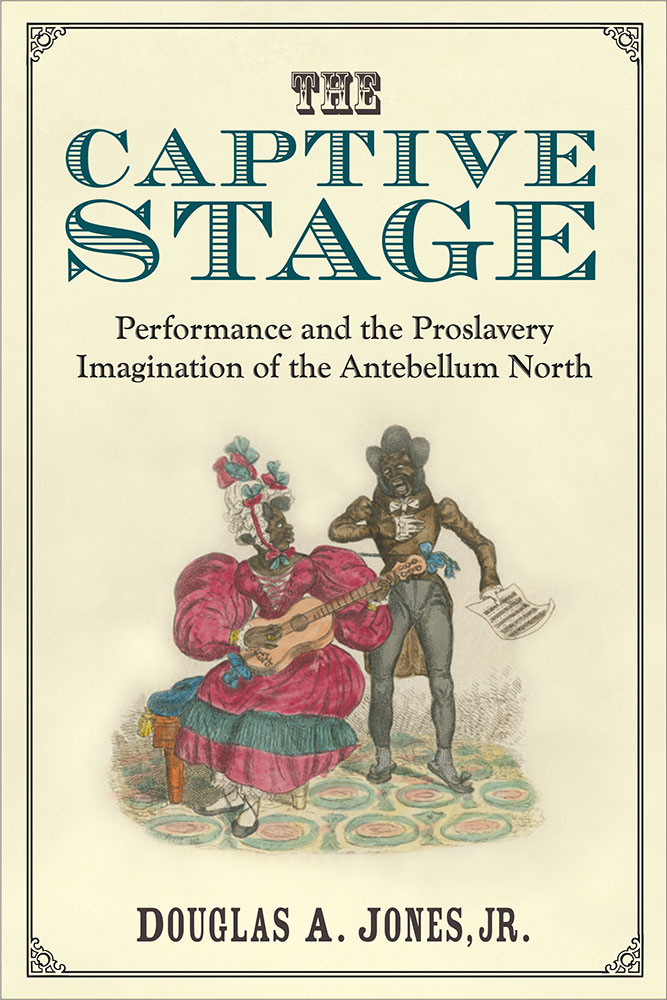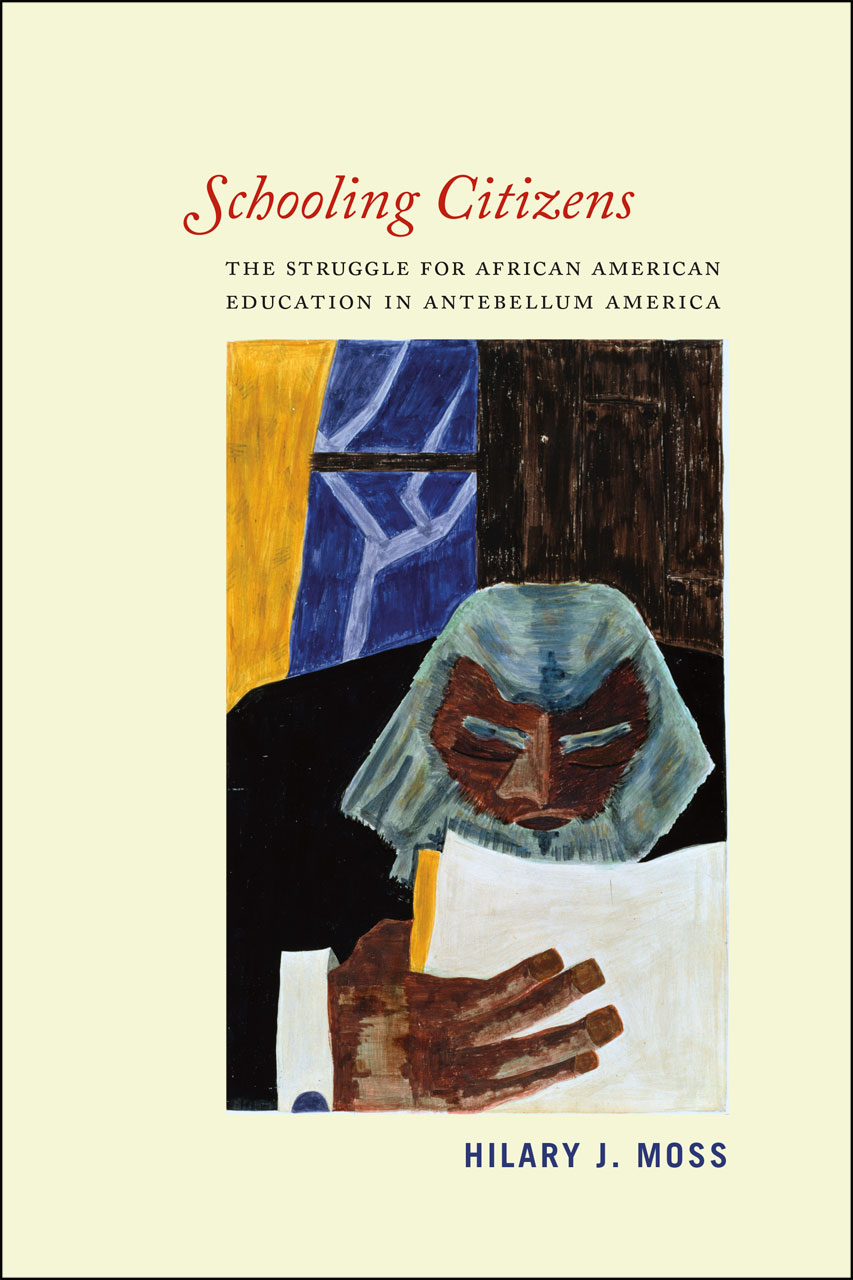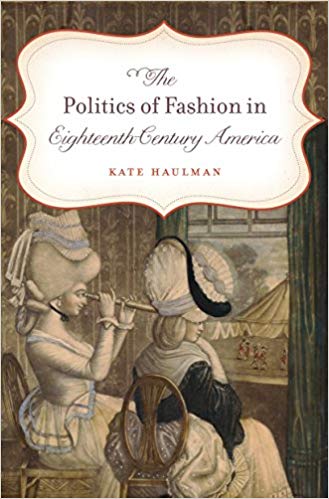The Common-place Web Library reviews and lists online resources and Websites likely to be of interest to our viewers. Each quarterly issue will feature one or more brief site reviews. The library itself will be an ongoing enterprise with regular new additions and amendments. So we encourage you to check it frequently. At the moment, the library is small, but with your help we expect it to grow rapidly. If you have suggestions for the Web Library, or for site reviews, please forward them to the Administrative Editor.
The Massachusetts Historical Society
http://www.masshist.org/
Since its founding in 1791, the Massachusetts Historical Society (MHS) has been devoted to the collection and preservation of documents pertaining to American history. With vast manuscript holdings, the MHS is an important research center, as well as home to the Adams Papers project and a variety of other editorial and publication ventures. Its Website is a model for other historical societies.
Attractive and straightforward design, clear navigation, and a substantial online archive make the MHS Website a useful starting point for members of the public, teachers, and scholars alike. Among the many “Online” offerings is the “Object of the Month,” which draws inspiration from the goal of founder Jeremy Belknap to develop an American history cabinet of curiosities. The background information on this section notes that in response to his appeal for contributions, Belknap received ostrich eggs and a fish hook made from a bone of Captain Cook. He would undoubtedly be pleased to see his idea carried on with, for example, a glass bottle containing tea leaves collected on the shore of Dorchester Neck the morning after the Boston Tea Party.
Most impressive of the valuable “Online” exhibitions is “The Adams Family Papers: an Electronic Archive.” These selections from the Adams Papers—the most important collection at the MHS, with over a quarter million documents—contain fully searchable correspondence between John and Abigail Adams, with over one thousand letters spanning the period 1762-1801. Viewers can also read the over fourteen thousand pages of John Quincy Adams’s fifty-one-volume diary and the three-part autobiography his father wrote.
Another highlight of the “Online” section is “African Americans and the End of Slavery in Massachusetts,” which presents 117 documents from the MHS holdings addressing slavery in Massachusetts from the late seventeenth century through its abolition under the state constitution in the 1780s. Included are facsimile images and transcripts of items such as the Laws of the African Society, Instituted at Boston, Anno Domini 1796, a pamphlet produced by African Americans in Boston who created a mutual aid organization; the 1728-1733 account book of Hugh Hall, a Boston merchant engaged in the slave trade; and, in a section on Phillis Wheatley, images of her writing desk, poems, and letters by and about her.
The “Education” section leads visitors to several items of interest, including resources for teachers and students, such as a fifth-grade lesson on the American Revolution through the eyes of Abigail Adams; a collection of accounts, maps, and images pertaining to the Battle of Bunker Hill; and a group of resources on John Quincy Adams, entitled “One President’s Adolescence,” which features documents, family biographies, and ideas for classroom use and independent study. Teachers can also use the site to find out about opportunities for professional development seminars and fellowships. As a preview of coming attractions, the “Education” section highlights “The Coming of the American Revolution (1764-1776): A Web-Based Timeline/Documentary History,” a work-in-progress digital history project, which promises to become a valuable addition to K-12 curriculum materials available on the Web.
Drawing on its rich holdings, the MHS has created one of the finest history Websites around. It is certainly one worth bookmarking for repeated visits.
This article originally appeared in issue 7.4 (July, 2007).





